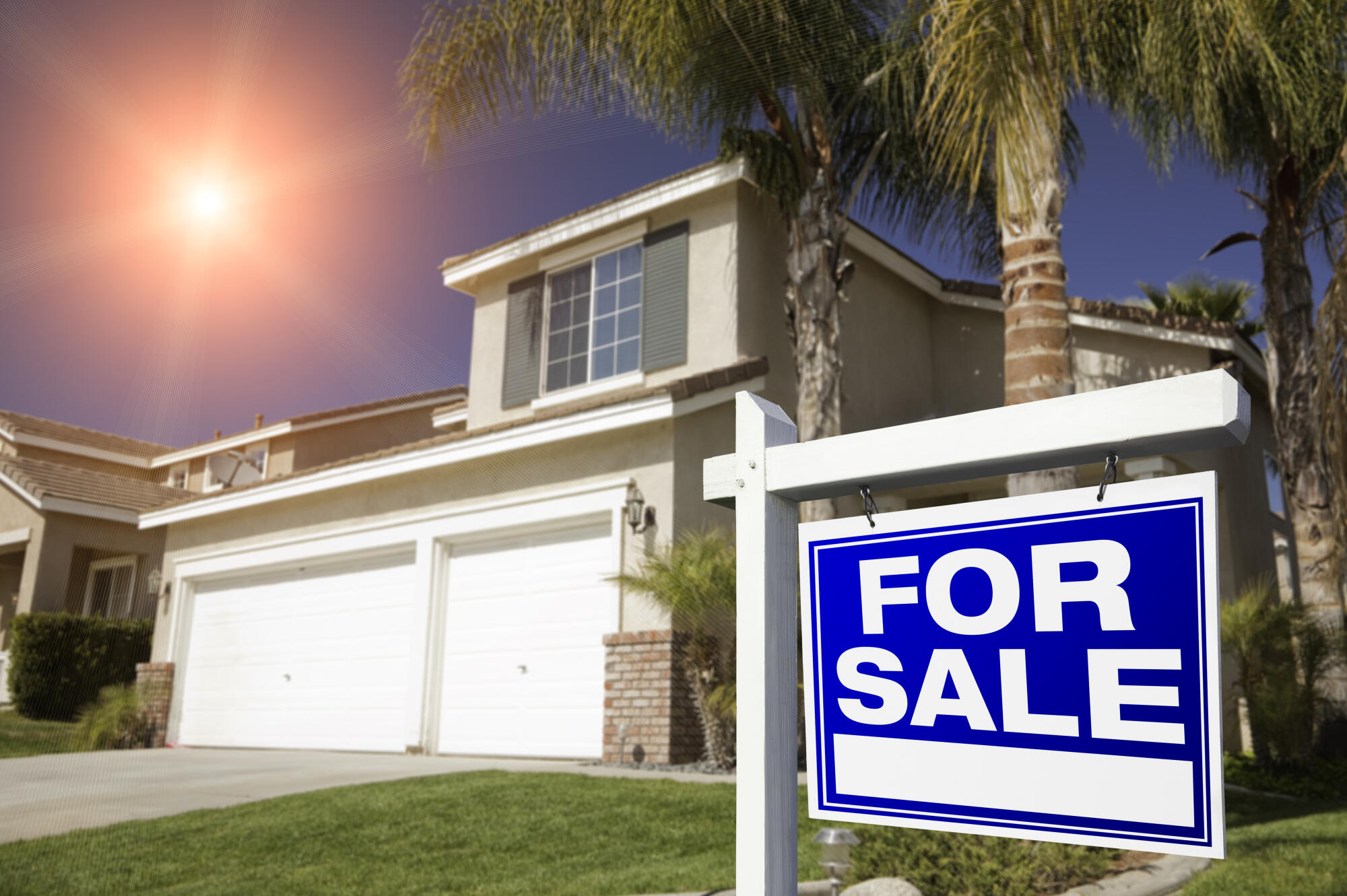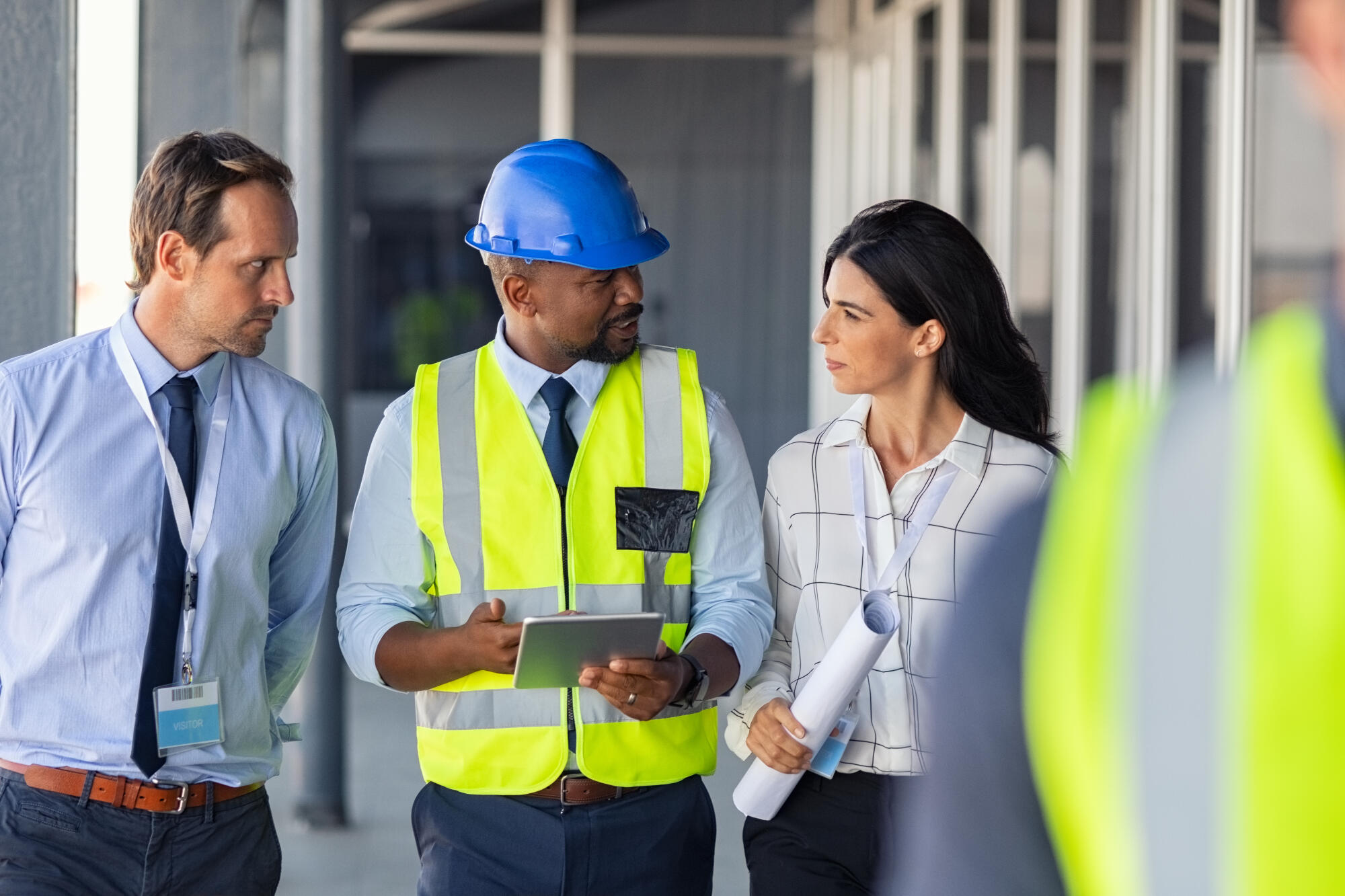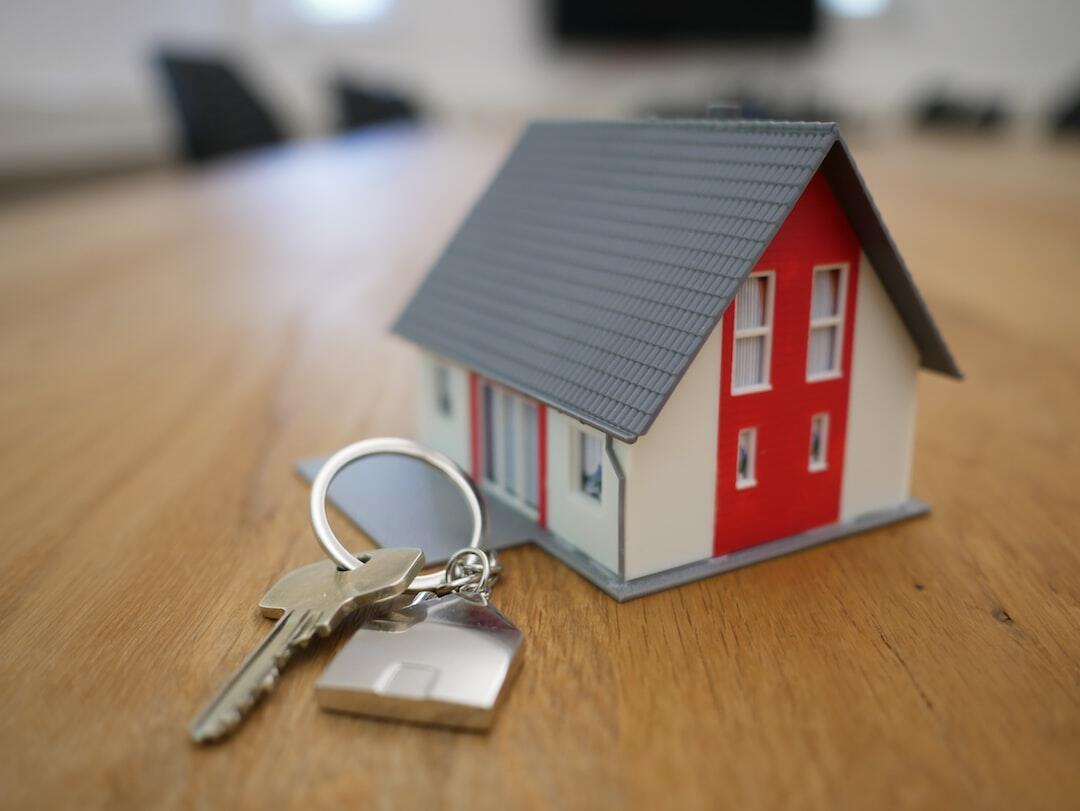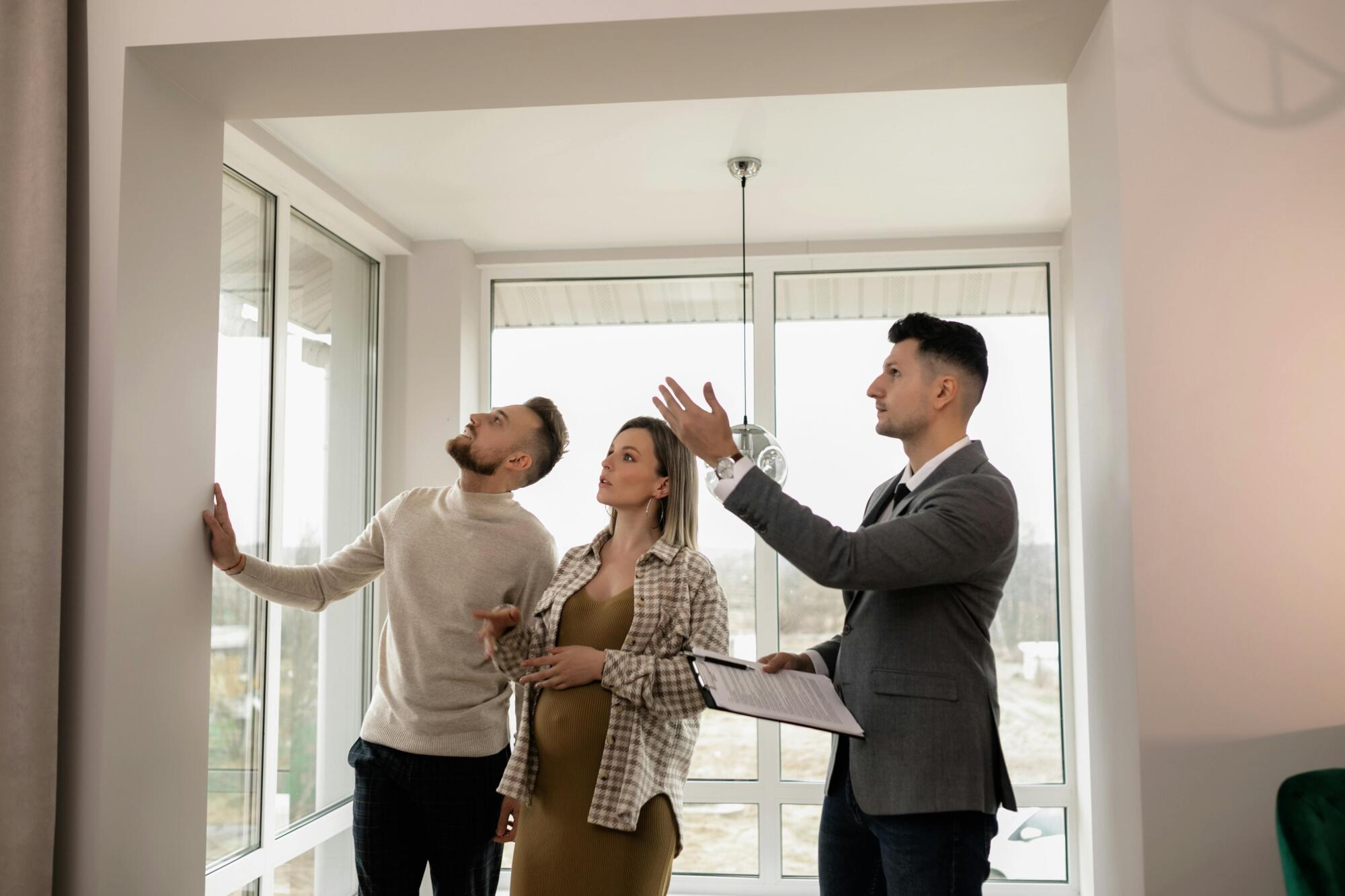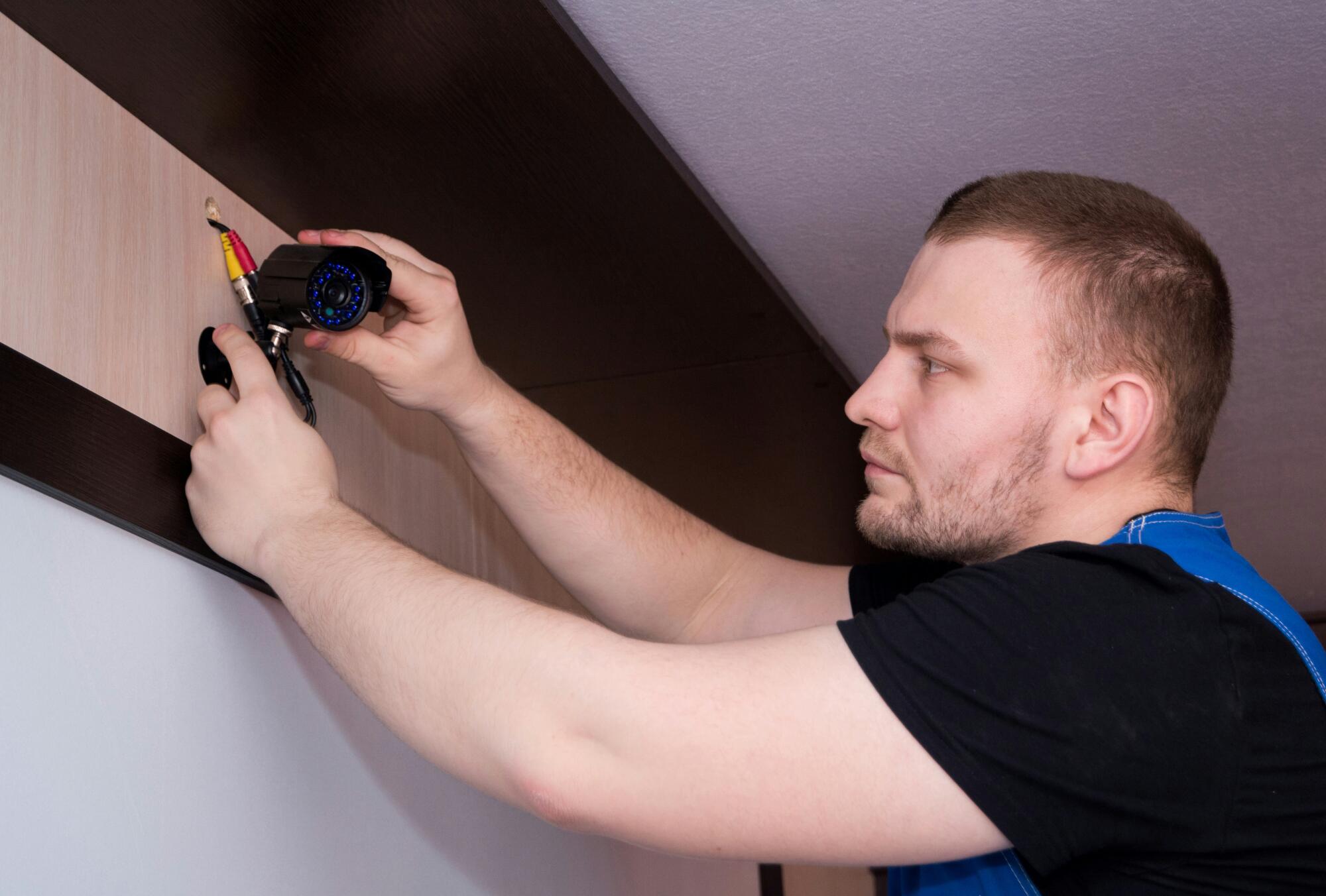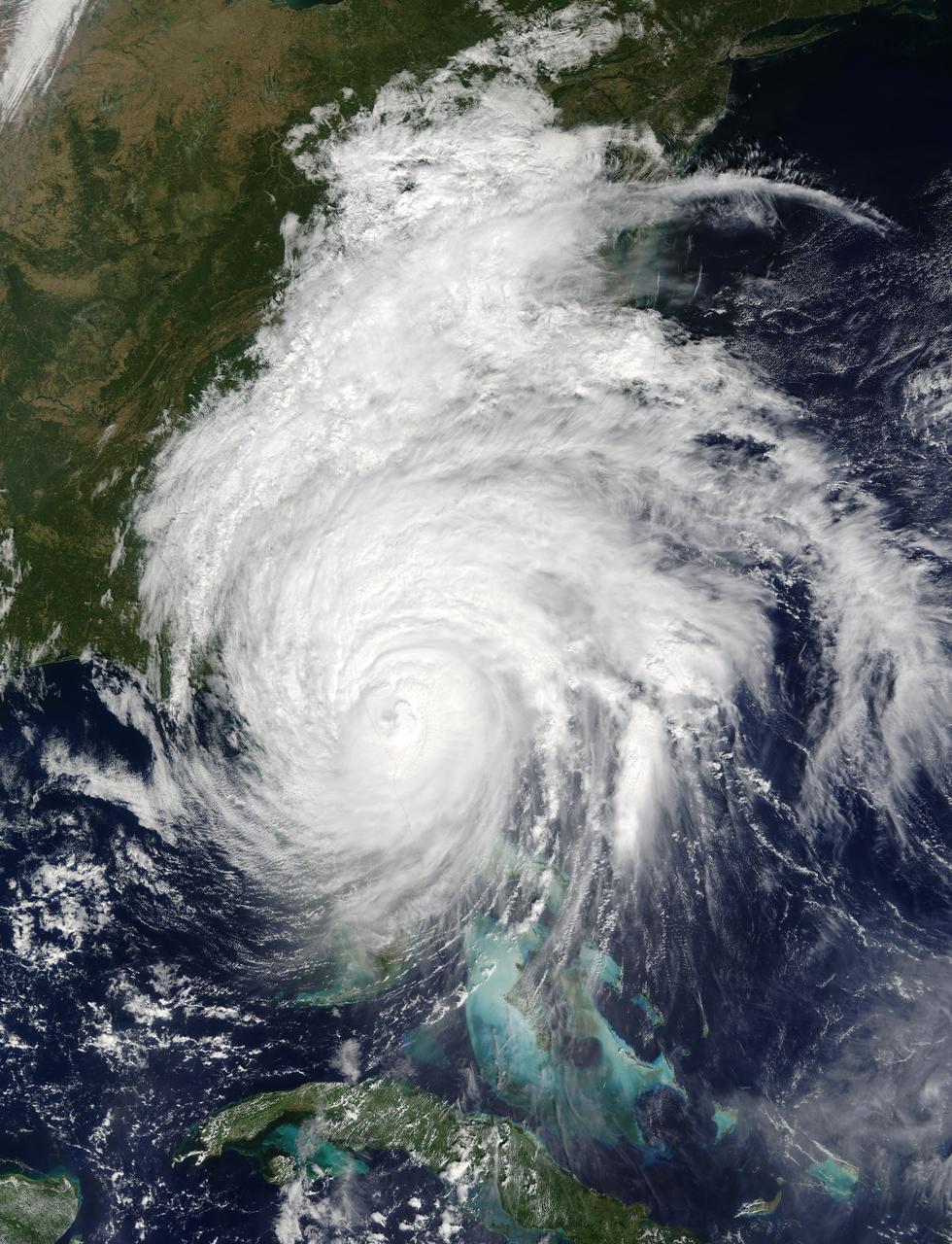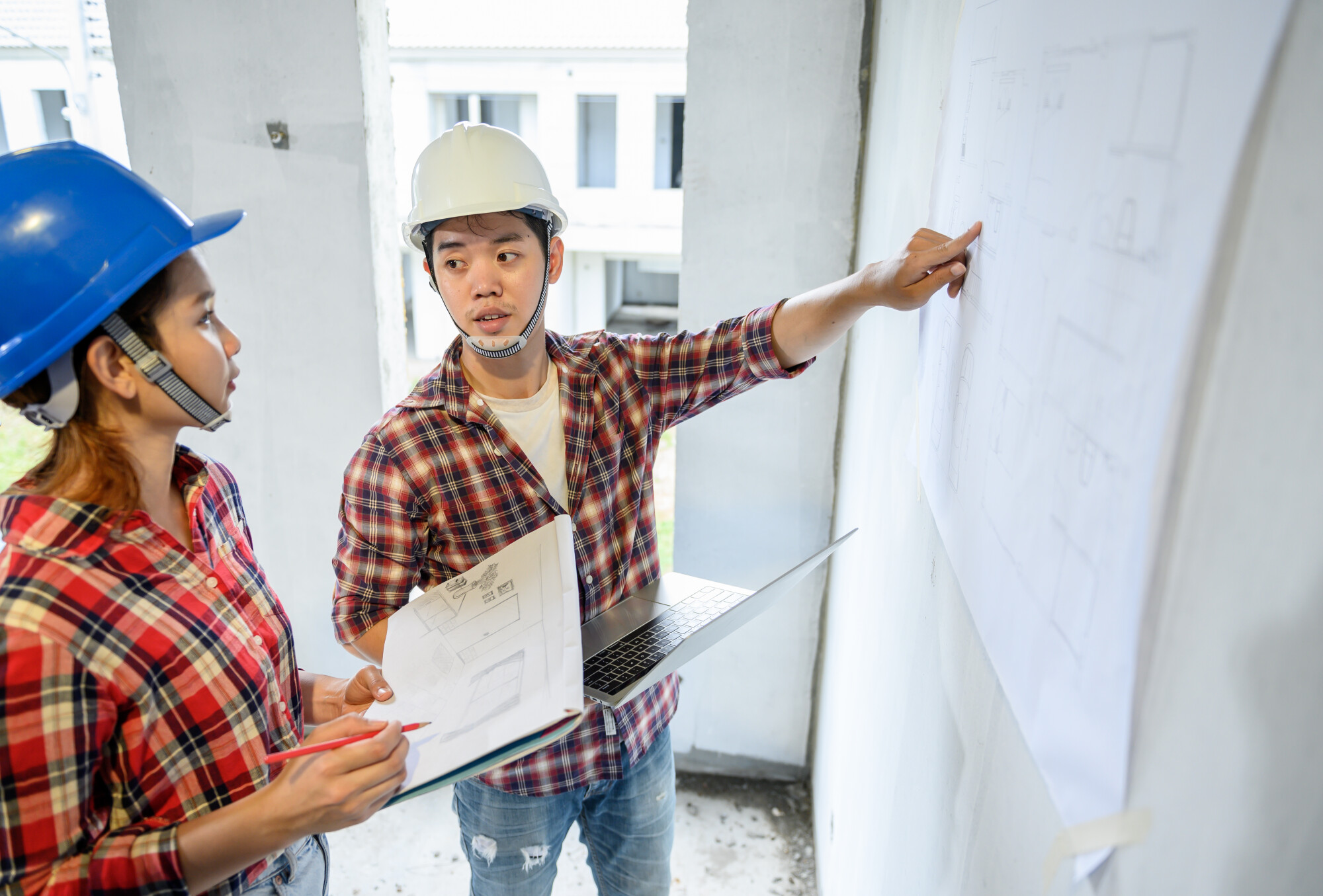Have you ever walked into a building and wondered about its structural soundness? Have you considered buying or leasing a commercial space?
Regular inspections are essential for safety and compliance. That is especially true if you own or manage commercial buildings in Central Florida.
In this article, we’ll dive deep into what commercial building inspections entail. Keeping up-to-date with inspection processes can make a difference in your investment decisions. Read on to uncover the five things you need to know!
1. The Importance of Commercial Building Inspections
The safety and integrity of commercial buildings don’t only happen. Before any commercial space becomes operational, it must undergo a thorough inspection. These inspections ensure several important elements.
Safety
A building’s safety is the bedrock of its operations. Inspections act as a shield, guarding occupants against unforeseen hazards. Those hazards may include:
- Electrical faults
- Structural weaknesses
- Potential fire threats
Compliance
It’s not only about building standards. It’s about maintaining a reputation.
Ensuring the building aligns with local, state, and national building codes is vital. Non-compliance can result in hefty penalties and tarnish businesses’ image.
Longevity
Think of inspections as a health check-up for buildings. Businesses can avoid expensive repair costs by identifying potential issues early on.
Commercial building inspections are the unsung heroes. They ensure that commercial edifices are operational and optimal.
They not only guarantee safety and compliance. But they also offer peace of mind to stakeholders. They can rest easy knowing their establishment stands on solid ground.
2. The Difference Between Residential and Commercial Building Inspection
Residential and commercial building inspections serve the same core purpose. They both aim to ensure safety and compliance. But there are vital distinctions.
Size & Complexity
The most evident difference lies in the scale. Commercial buildings are larger than homes. Their architecture has these notable distinctions:
- Many floors or units
- Expansive spaces
- Varied purposes within a single structure
This scale and intricacy need a deeper, more extensive inspection process.
Equipment & Systems
Picture a typical house and a high-rise office building. The latter is bound to house advanced, large-scale systems essential for operation.
Such large-scale systems are anything from elevators to vast HVAC systems. Inspecting these ensure they work and meet specific safety standards.
Regulations
Building codes have intricate guidelines that properties must adhere to. But, these regulations tend to be even more rigorous with commercial buildings.
The reason for this is the sheer number of occupants. There’s an elevated risk with more people. So, the standards are set higher to ensure their safety and well-being. Recognizing these differences is paramount for property owners, investors, and inspectors.
3. The Inspection Process: What Does It Involve?
Understanding the building inspection process is pivotal when involved in commercial real estate. The process has multiple steps.
Exterior Inspection
This process covers the building’s facade, parking, landscaping, and drainage. It’s essential to spot issues like cracks or water pooling that are a red flag.
Interior Inspection
Commercial building inspectors look at the condition of walls, floors, and ceilings. There are other internal structures that inspectors may check. This inspection can reveal issues like mold, leaks, or structural problems.
System Evaluation: This involves checking the functionality of electrical, plumbing, and HVAC systems.
Documentation: Inspectors provide a comprehensive report detailing their findings and recommendations once completed.
After receiving the report, the building owner should address the noted issues. The most serious problems should be a priority. Regular inspections ensure safety and maintain the building’s value and function.
4. When to Schedule Commercial Building Inspections
Regular inspections ensure the continued safety and functionality of commercial buildings. There are some critical times you should schedule these.
Before Buy or Lease
Venturing into commercial real estate can be a significant investment. Before finalizing any buy or lease agreement, it’s wise to have a detailed inspection. This ensures you are stepping into a sound space without hidden problems.
After Renovations
New parameters come into play when a commercial space undergoes modifications. You must ensure that any changes to the structure follow building codes. An inspection post-renovation offers this assurance.
Periodic Maintenance Checks
As one would get a routine health check-up, commercial buildings need regular assessments. Scheduled inspections help spot minor issues before they turn into major problems.
This proactive approach safeguards the building’s longevity. It also leads to significant savings from costly future repairs.
The timing of commercial building inspections is as crucial as the inspection itself. Being proactive can make a marked difference in the life of a commercial property.
5. Choose the Right Inspector for the Job
Central Florida has a vast pool of commercial building inspectors. But choosing the right one is crucial. These are the factors to consider:
Credentials and Experience
The foundation of a competent inspector lies in their credentials. Certification assures that they’ve undergone the necessary training to check commercial properties. Beyond this, experience is critical.
An inspector with a track record of assessing commercial buildings has much knowledge. They can spot issues that a less seasoned eye might miss.
Specialization
The world of commercial real estate is diverse. That’s anything from sprawling malls to compact office spaces. It’s important to know that each property type also has unique challenges.
Some inspectors might specialize in specific commercial properties. Selecting someone whose specialization aligns with your property type is helpful. Doing this ensures a more nuanced inspection.
Recommendations
The proof of the pudding is in the eating, as they say. When choosing an inspector, past client experiences can offer valuable insights.
Before finalizing your choice, ask for references or look at reviews. Hearing about an inspector’s reliability and thoroughness lets you know what to expect.
Central Florida offers many options for commercial building inspectors. But a discerning approach will ensure you secure the best professional for the job.
Your Building’s Health Is Worth It!
The bustling landscape of Central Florida is where commercial spaces dot the horizon. Commercial building inspections aren’t a regulatory formality. They ensure these edifices’ safety, functionality, and longevity.
Are you considering purchasing, leasing, or renovating a commercial space in Central Florida? Trust only the best.
Contact Central Florida Building Inspectors today. They will ensure your building stands tall and safe for years.

